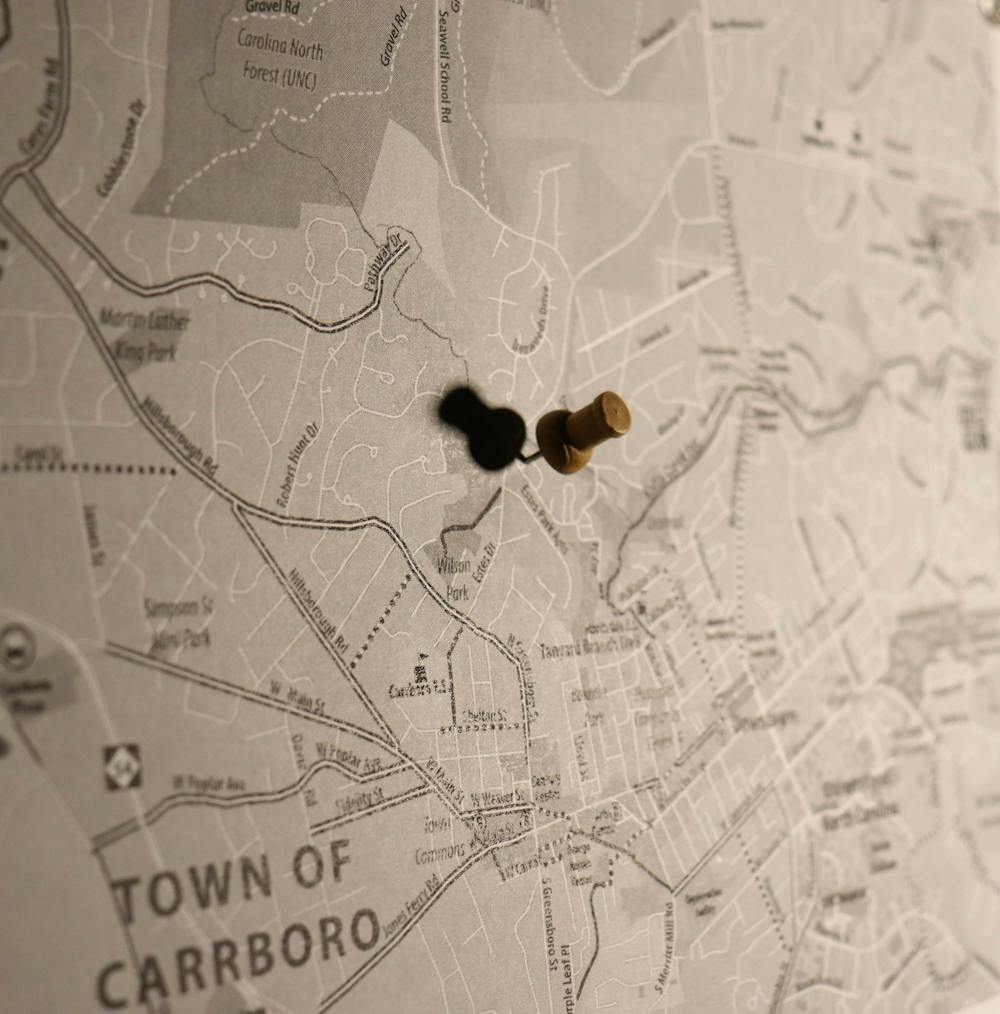He added he does not see a need for anyone to be charged with a crime related to abortion care.
“As district attorney, I don’t see any place for district attorneys to get into litigating medical decisions that women make between them and their doctors,” Nieman said.
According to the National Advocates for Pregnant Women, law enforcement officials can, in some cases, investigate pregnant people for noncriminal acts, such as seeking medical help or experiencing a stillbirth.
The organization also said prosecutors can decide whether or not to accept certain abortion cases.
Other NC abortion laws
North Carolina law requires abortion care to be provided by licensed physicians and abortion medication to be administered in person. Any providers who violate these restrictions may face criminal penalties.
The reinstatement of the 20-week abortion ban poses difficulties for people who are delayed in receiving treatment due to access to abortion care – resulting from lack of transportation or funding – or medical complications later in pregnancy, according to the American Civil Liberties Union.
North Carolina also has a state-mandated 72-hour waiting period for those seeking abortions.
According to the Center for Reproductive Rights, North Carolina has target regulation of abortion providers (TRAP) laws, which impose regulations on abortion clinics and reporting.
President of North Carolina’s Chapter of the National Organization for Women Gailya Paliga said these TRAP laws include holding abortion clinics to the same standards as ambulatory surgery centers.
According to the ACLU, these standards can be costly and difficult to comply with.
TRAP laws are opposed by several medical groups, including the American College of Obstetricians and Gynecologists, the American Medical Association and the American Academy of Family Physicians, according to court documents.
To get the day's news and headlines in your inbox each morning, sign up for our email newsletters.
According to the Guttmacher Institute, TRAP laws endanger patients by reducing the number of abortion facilities that are able to stay open.
In 2017, 91 percent of North Carolina counties did not have any clinics providing abortions. 53 percent of women in North Carolina lived in these counties.
Paliga said there are many problems with abortion bans, including the language that is sometimes used in these laws.
“They’re vilifying women that are needing abortions later for whatever reason,” Paliga said.
Community response
Gerrie Richards, president of the Chapel Hill chapter of NOW, said easy access to reproductive health is endangered and that remaining informed is key.
She said when the organization first feared for the overturning of Roe v. Wade, Chapel Hill NOW created a set of resources. This included information about abortion, contraception, other reproductive health issues and sexually transmitted illnesses.
Richards said the resources help young people who can become pregnant on college campuses and don’t know where to receive help.
She added that the importance of abortion care extends beyond North Carolina, impacting all people.
“It’s the basic freedom to make choices – about your health, about your future, about your present,” Richards said. “About the person that you are and the person that you want to be.”
NOW is hosting a zoom conference on Oct. 21 and Oct. 22 about how to access abortion pills without facing legal trouble. Anyone can register for the conference and view resources on NOW’s website.
@madelynvanmeter
@DTHCityState | city@dailytarheel.com





